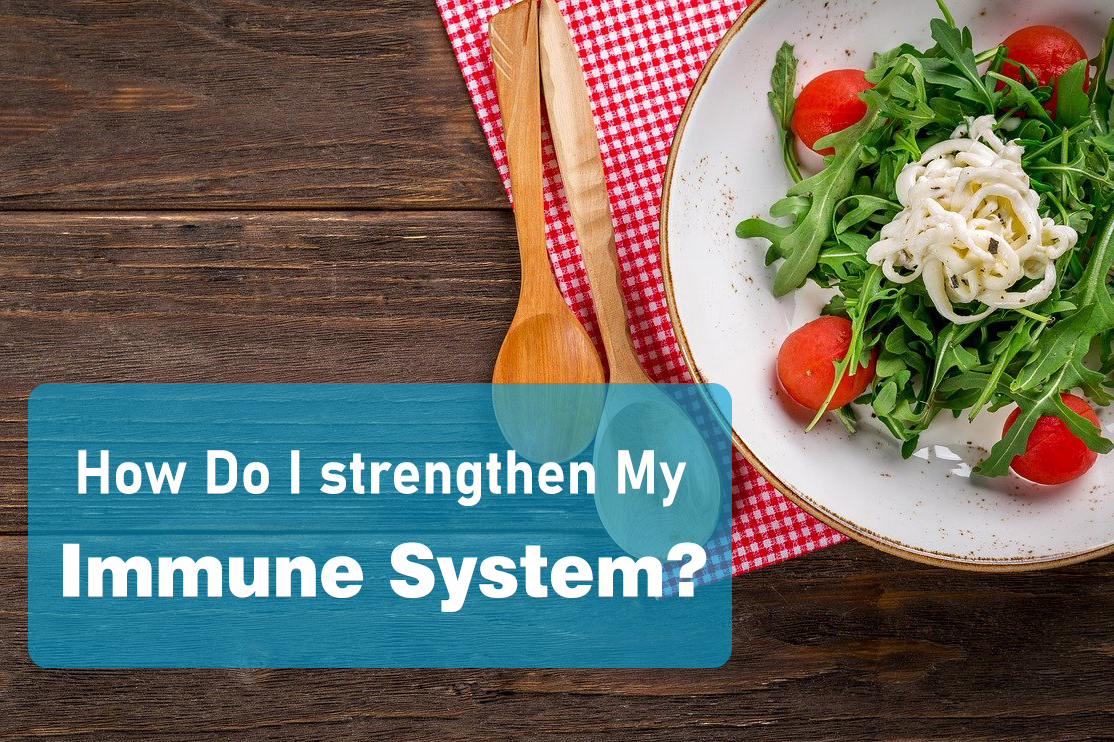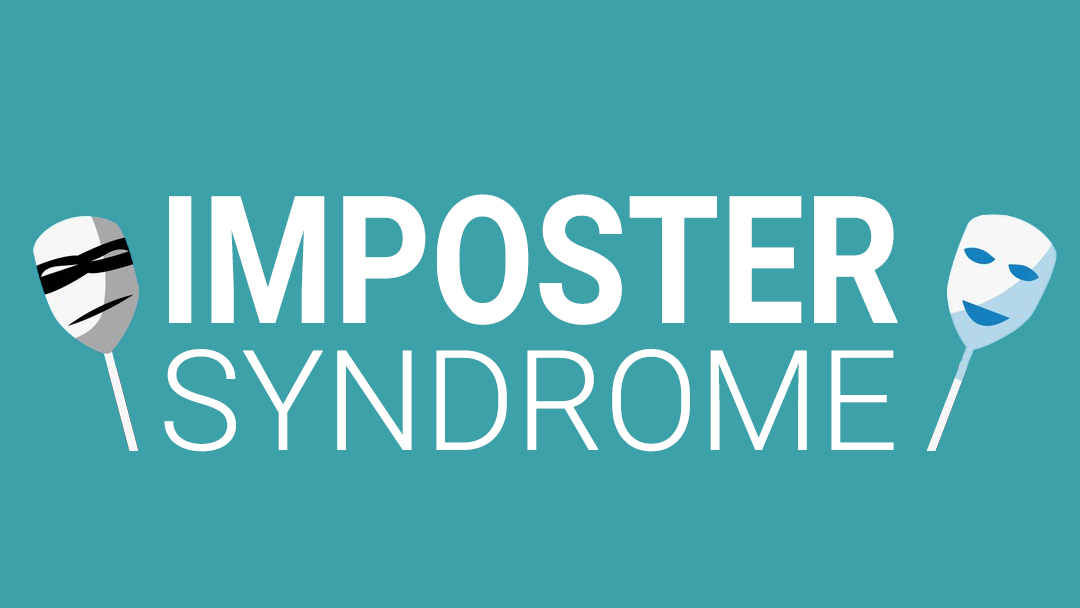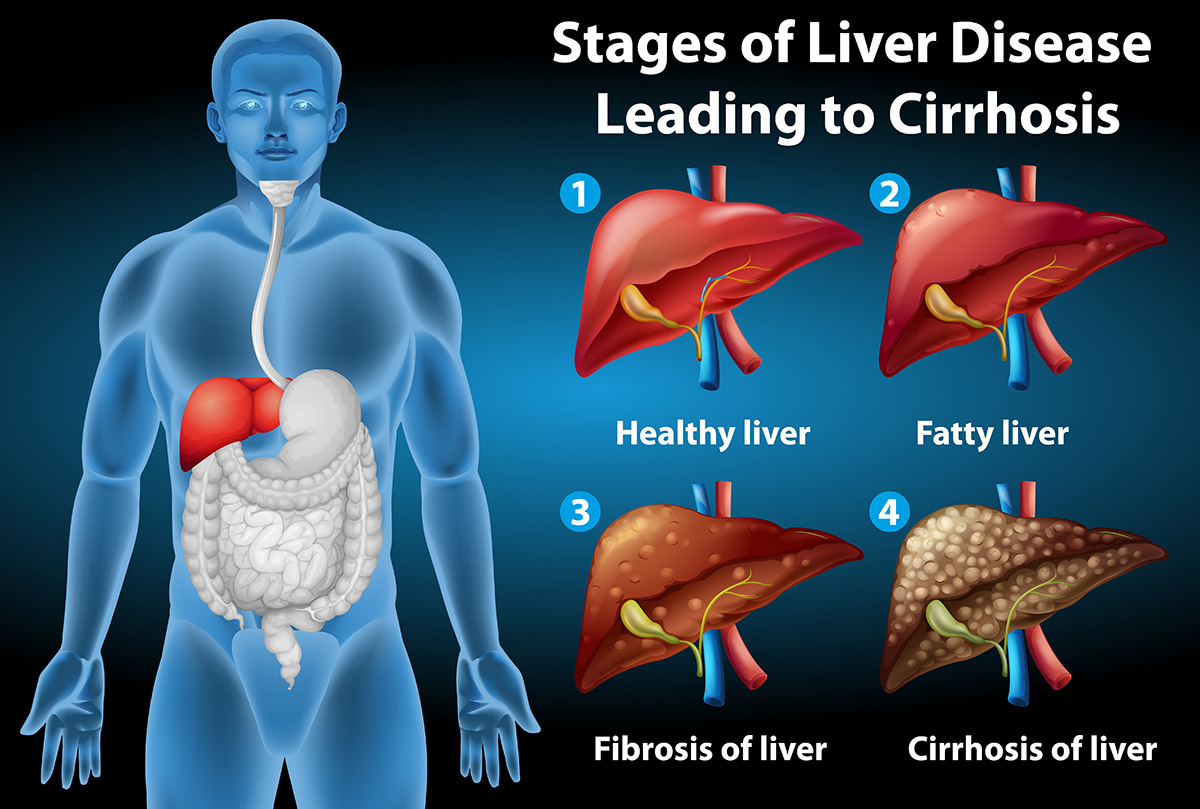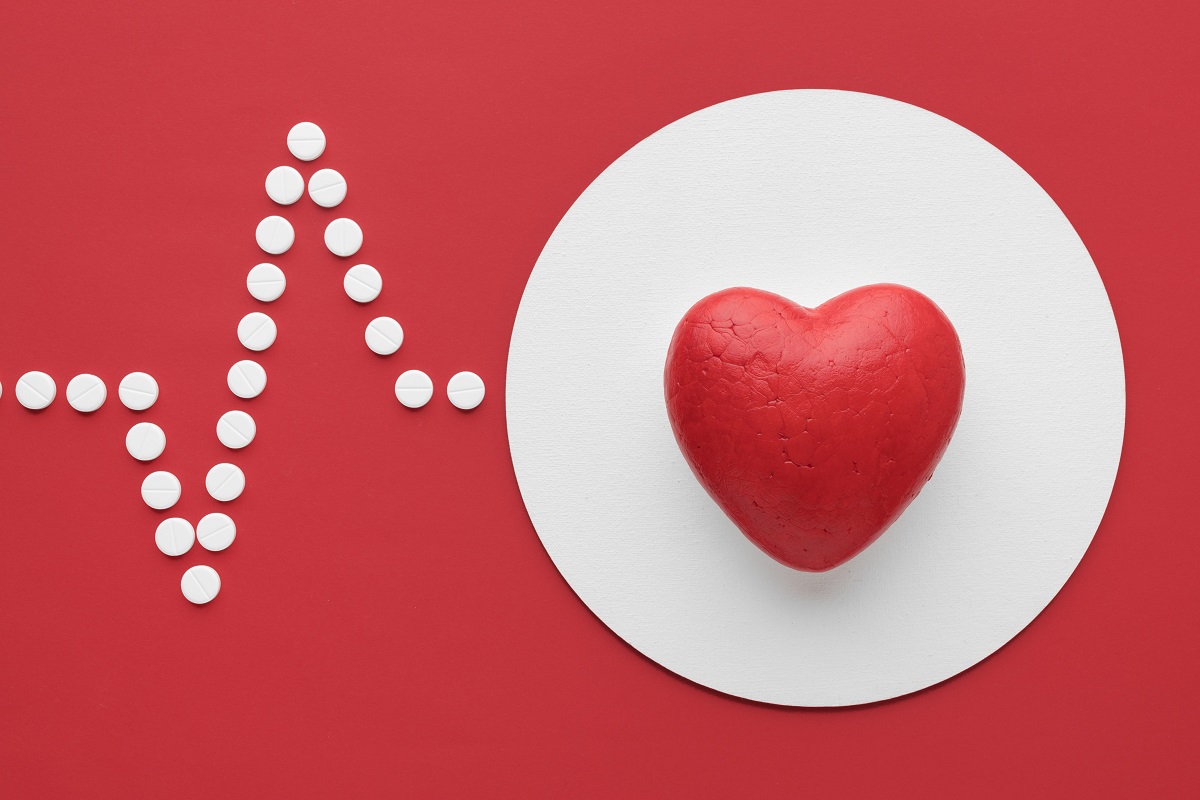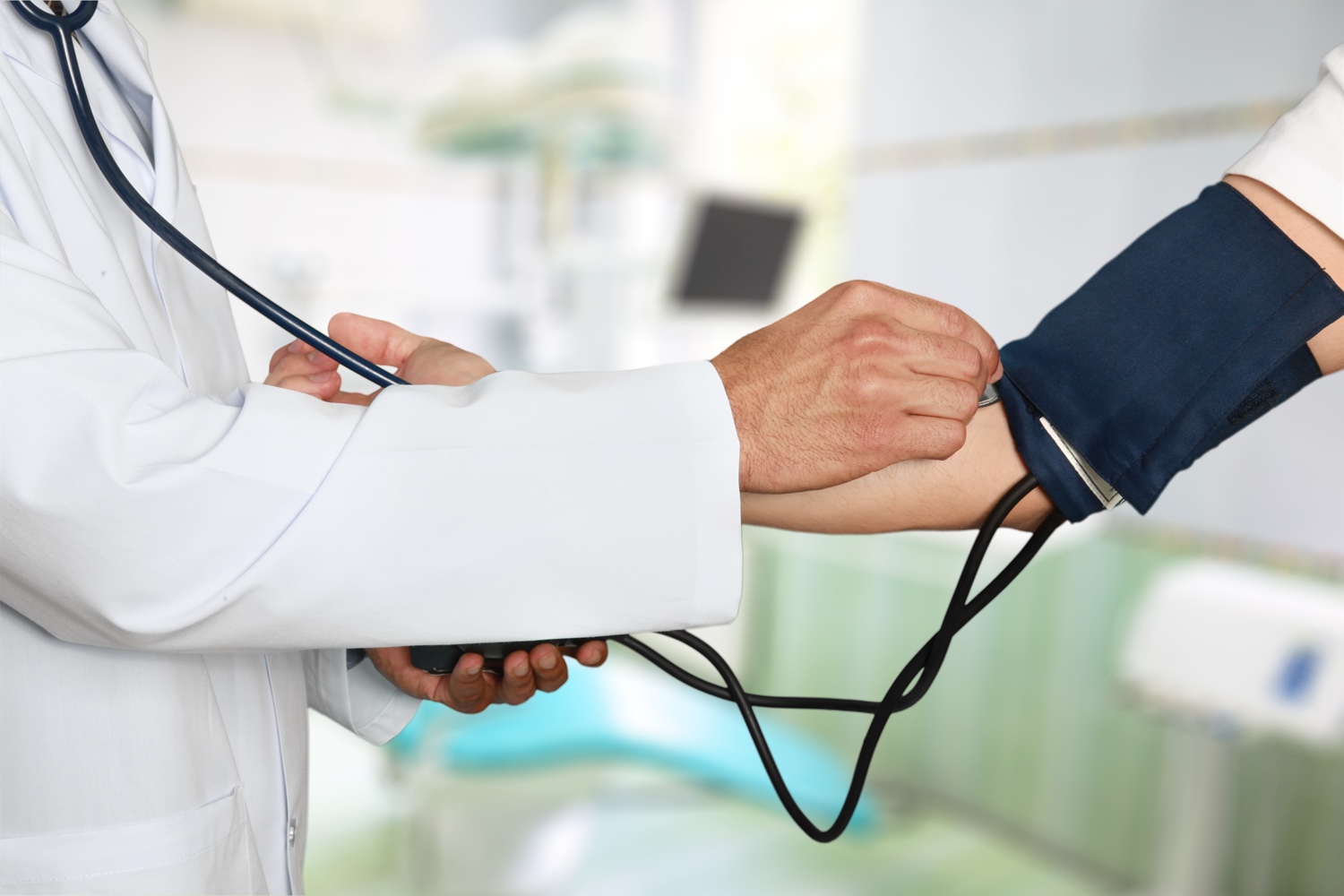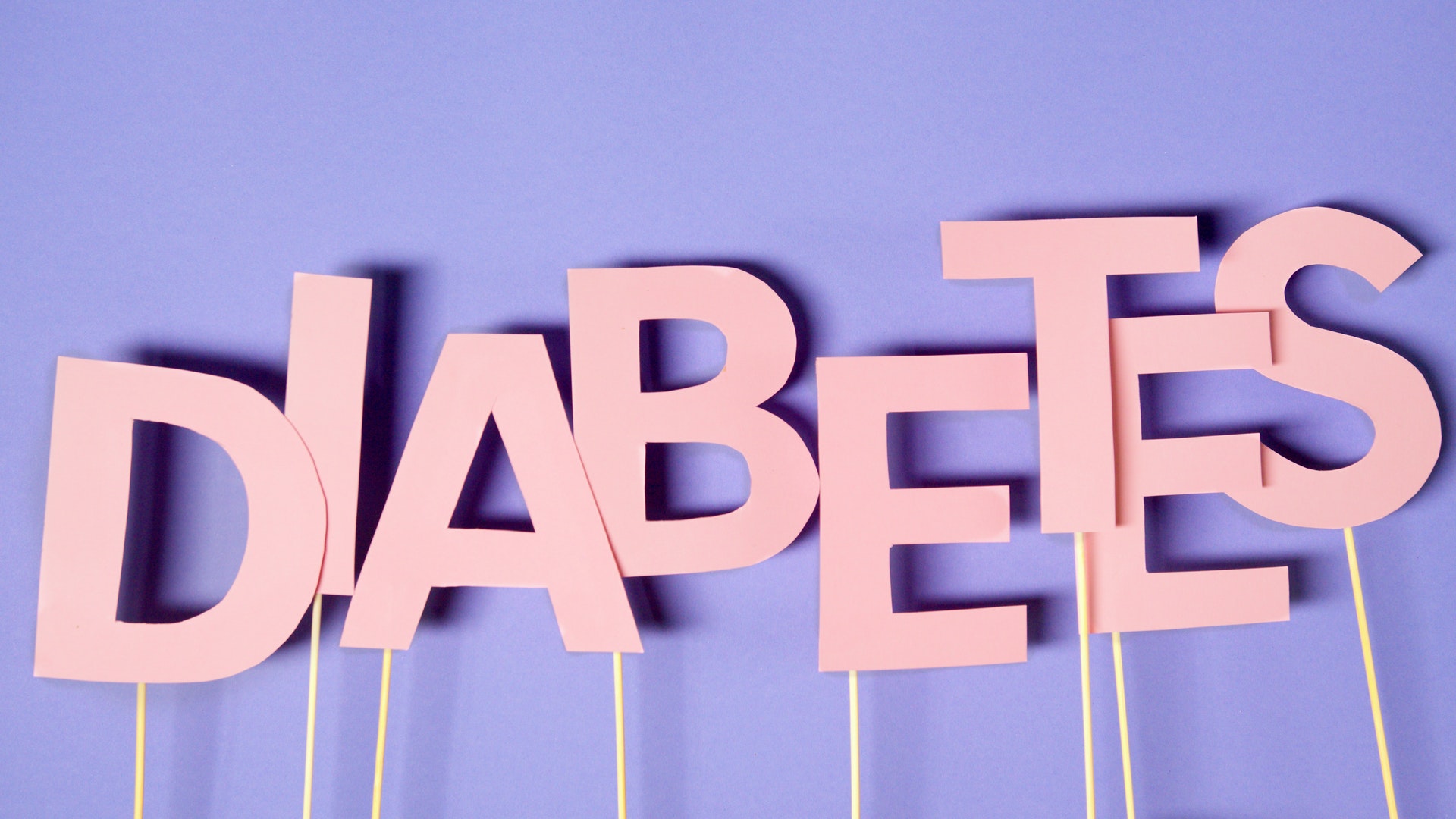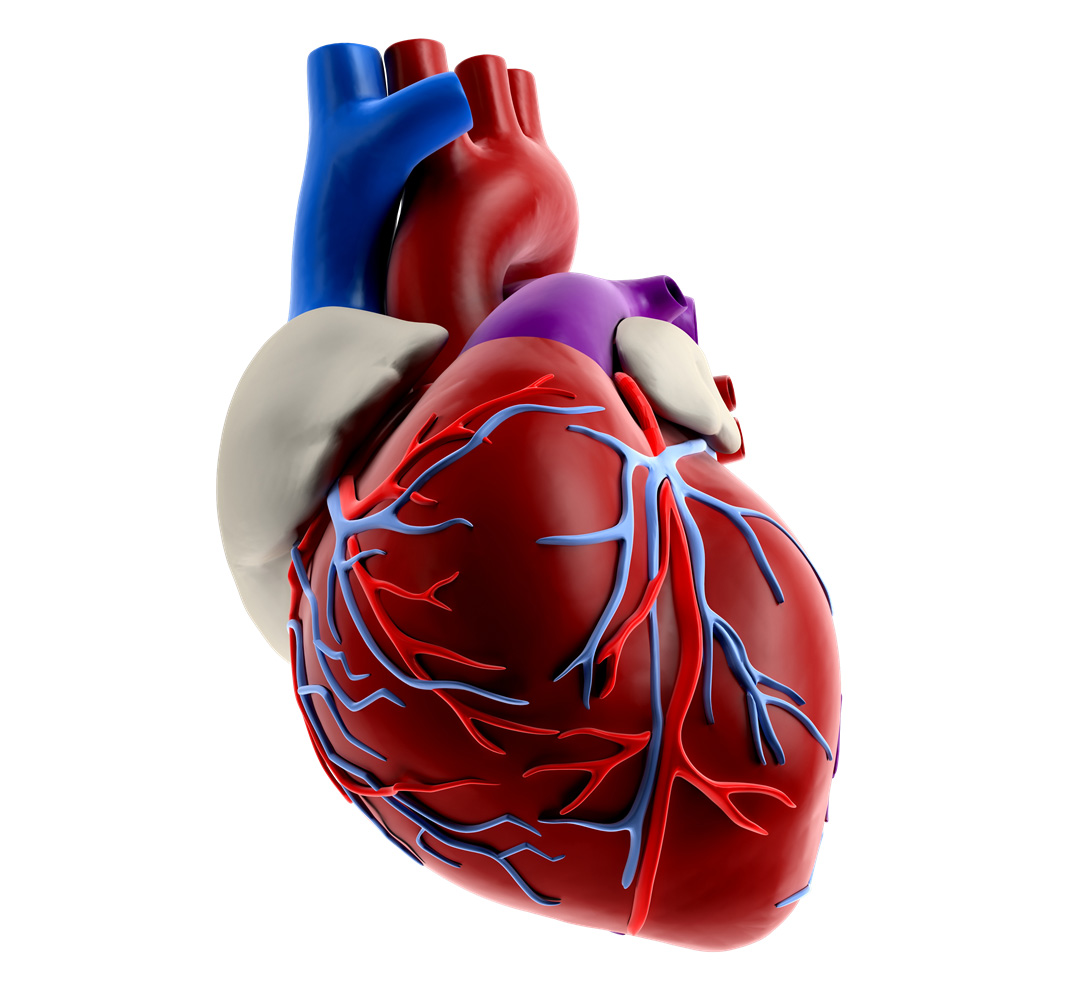What is Heart Disease?
Heart Disease includes Coronary Artery Disease, Heart Rhythm Problems - or Arrhythmias, Heart Valve Disease, Heart Infections, Disease of the Heart Muscle, Congenital Heart Defects - heart defects you are born with.
What is Coronary Artery Disease?
Coronary Artery Disease or Coronary Heart Disease is a disease in which there is a narrowing or a blockage of the blood vessels that supply the heart with blood, nutrients, and oxygen. It is usually caused by a build-up of plaque inside the coronary or heart arteries, often caused by atherosclerosis (cholesterol containing deposits inside the arteries).
How do you get Coronary Artery Disease?
Heart disease is typically caused by poor diet and lifestyle choices. Poor diet and lifestyle can cause inflammation to the inside of your arteries which causes micro tears to the lining of the arteries. This in turn causes cholesterol or fatty deposits to coat the lining of the arteries. This becomes plaque, which continues to build up and starts to harden. The plaque buildup can cause severe narrowing of the arteries and can also break off a tiny piece which then can become lodged in an artery and block blood flow. The severe narrowing or blocked blood flow can cause a heart attack or angina (heart pain). If this tiny piece of plaque flows with the blood to the brain and becomes lodged then you may have a stroke.
What symptoms does a heart attack or angina (heart pain) cause?
Signs and symptoms may be vastly different for different people. Women tend to have different symptoms than men - usually but not always. Men typically have chest pain in the centre of their chest. Many describe it as an elephant sitting on its chest. The pain may sometimes feel more like a squeezing or tightness around their chest. Women tend to have more of discomfort in their chest, along with extreme fatigue, no energy, nausea, shortness of breath.
Signs and symptoms for both men and women generally can include one or more of:
Chest pain, chest tightness, pressure or discomfort, shortness of breath - that feeling that you just can’t get enough air into you, nausea, extreme fatigue, light headedness or dizziness, aching or numbness to the left hand, arm or shoulder, (sometimes both arms may feel aching or numbness), pain may be felt in the jaw, neck, throat, even through to your back. Some people have complained of an awful toothache and go to the dentist only to be sent to the hospital if the dentist doesn’t find anything to cause the ache. Many people describe it as heartburn as they feel pain in the epigastric area or upper abdomen.
Read more: What is Heart Disease and How do you get Coronary Artery Disease?


